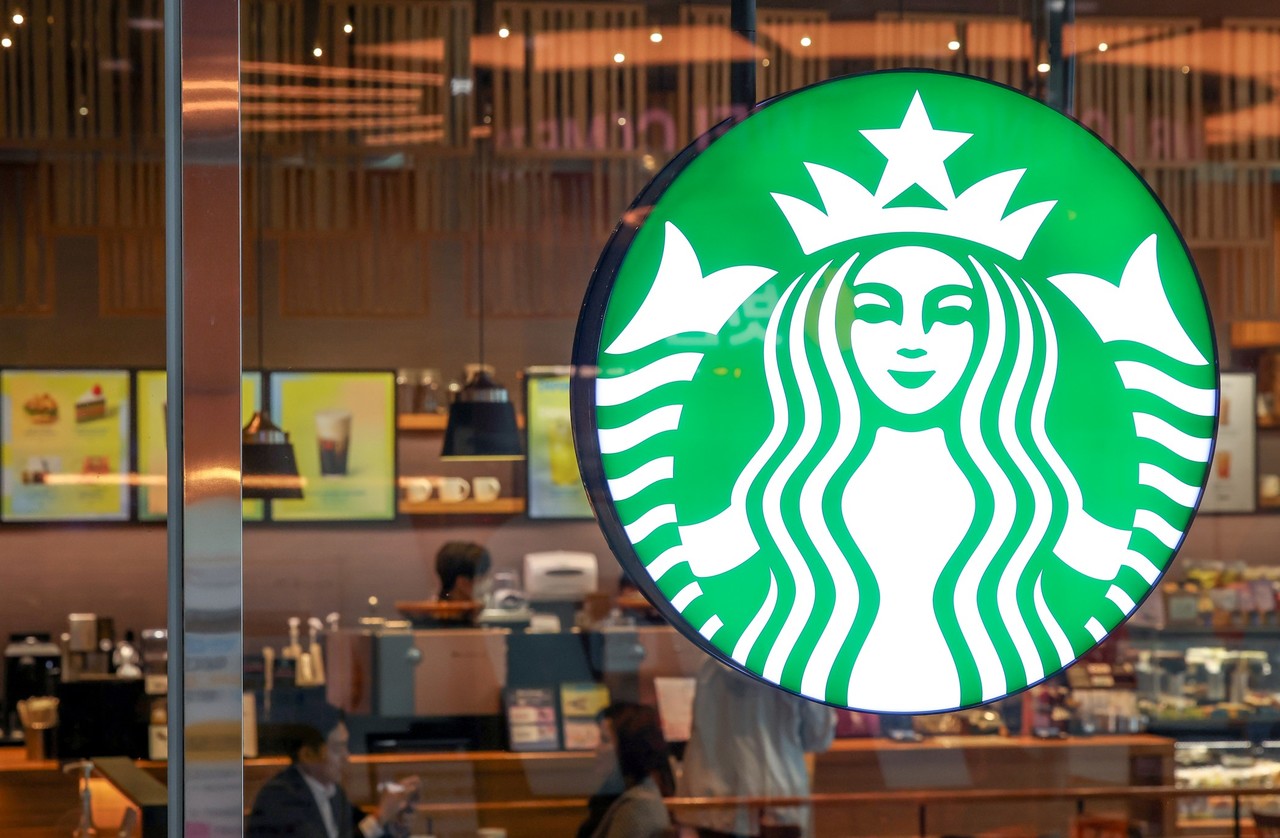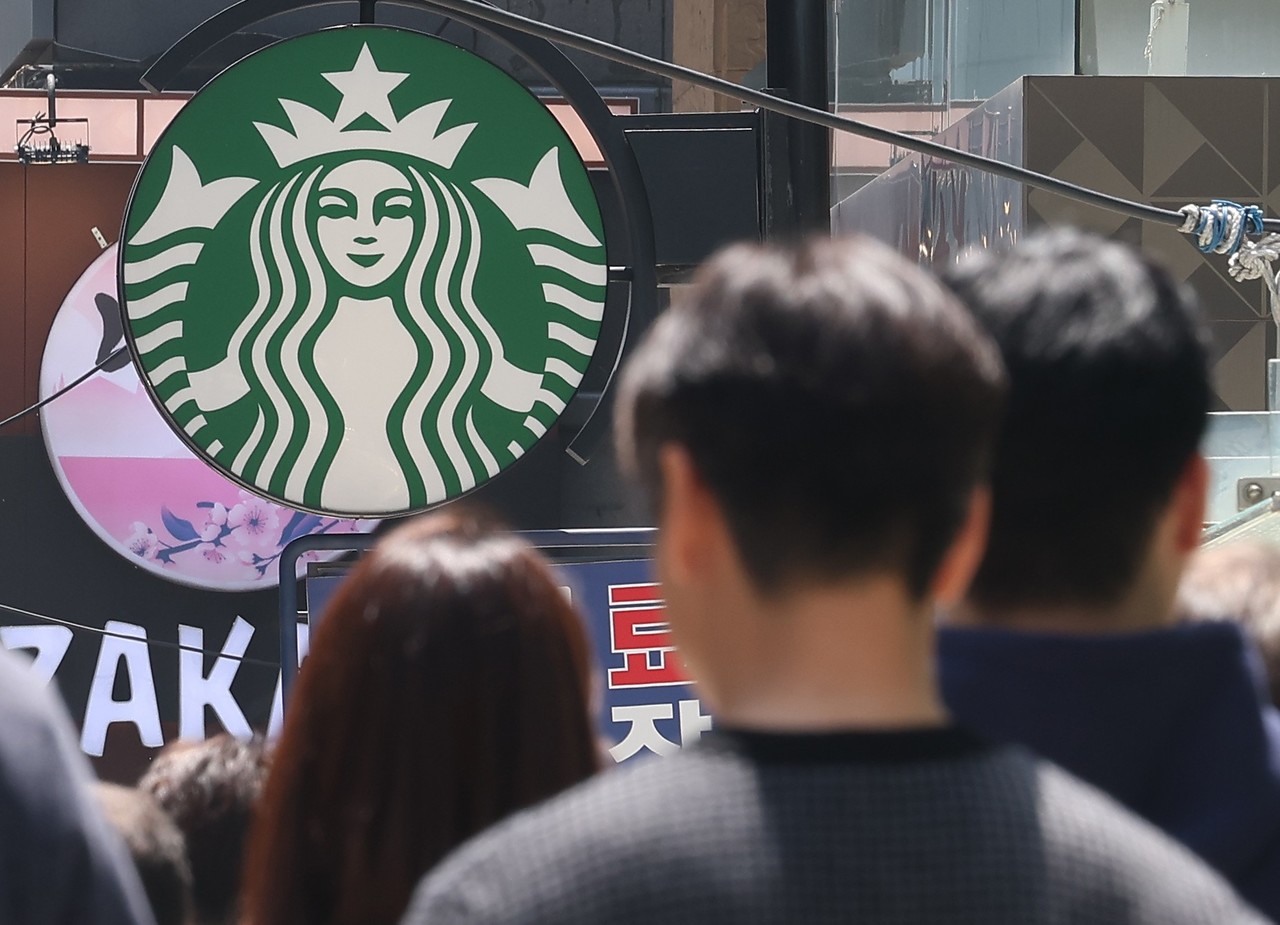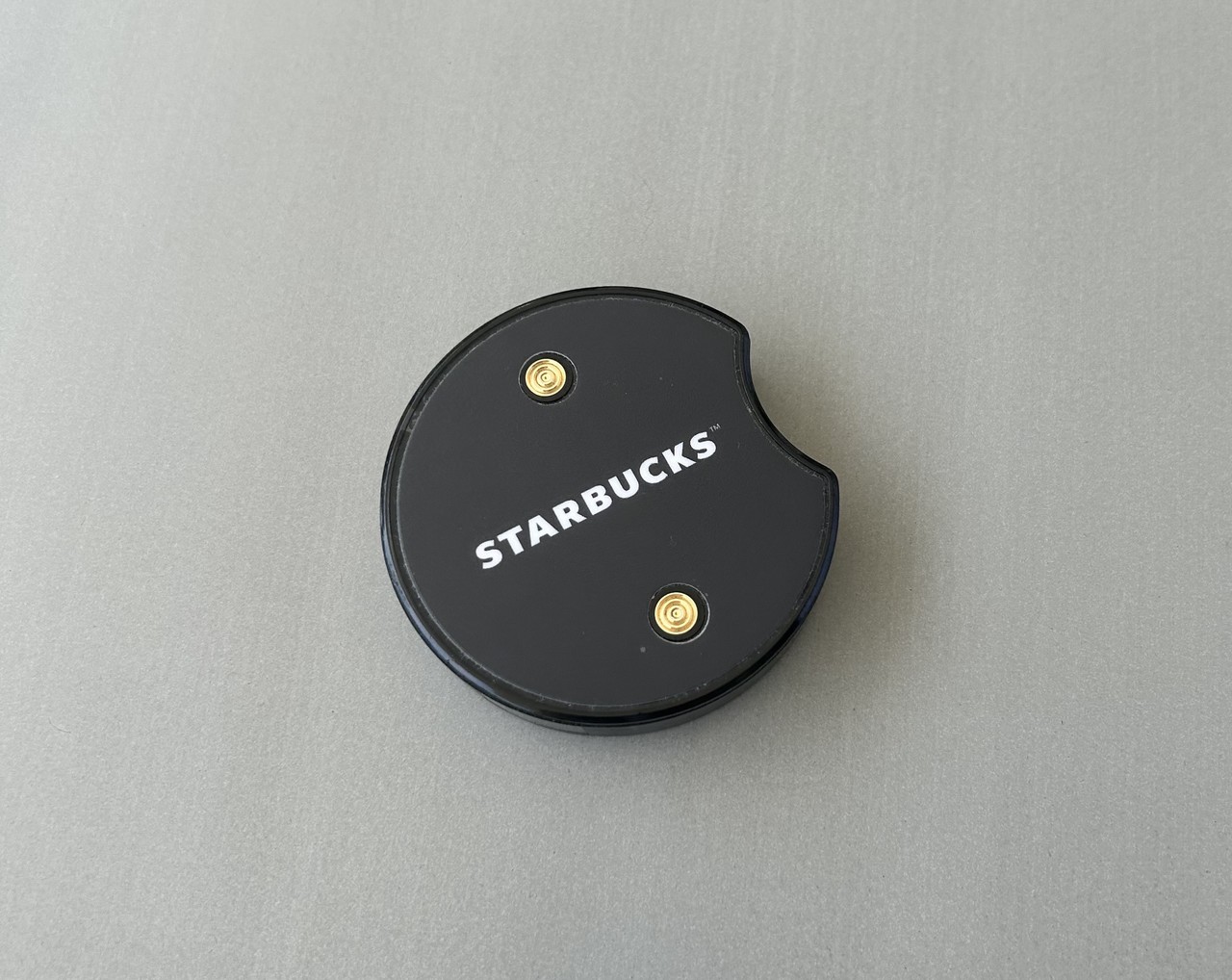The purpose of responding to non-face-to-face order demand by foreign tourists
Starbucks Japan also introduced kiosks at the same time

Starbucks, known for its emphasis on face-to-face interaction with customers, is taking a bold step into the digital age by piloting self-service kiosks in select locations across South Korea and Japan.
On May 26, Starbucks Korea announced the introduction of kiosks in around 10 high-traffic stores located in key tourist and office districts, including Seoul’s bustling Myeongdong area and parts of Jeju Island. The Myeongdong locations will be the first to receive kiosks this week, followed by a broader rollout in Jeju next month.
The move is largely aimed at addressing the rising demand for contactless ordering, especially among international tourists who may face language barriers.
“We developed the kiosk system to better accommodate the growing number of foreign visitors who experience communication difficulties when ordering,” said a Starbucks Korea spokesperson. “It will help us better serve the tourism-heavy zones.”
The company also highlighted that some domestic customers prefer contactless options due to discomfort with face-to-face ordering, suggesting kiosks may become a welcome alternative for a broader customer base.

Traditionally, Starbucks has centered its service model on personalized interactions, with baristas calling out customer names or order numbers—a practice deeply rooted in the brand’s global identity.
The introduction of kiosks, therefore, marks a notable shift in its service philosophy, though the company emphasizes that the core value of emotional connection with customers remains intact.
This strategic change comes as a response to evolving customer needs and operational challenges, such as lunchtime rush hours when baristas struggle to manage in-store congestion efficiently.
The kiosks, like Starbucks Korea’s existing “Siren Order” mobile platform, are intended to diversify ordering channels and improve overall convenience.

Starbucks has been steadily expanding its digital offerings over the years. Notably, the Siren Order app—first launched in South Korea in 2014—now accounts for one in every three transactions and has surpassed 500 million cumulative orders, making it a cornerstone of Starbucks’ mobile ordering experience.
Meanwhile, Starbucks Japan is also piloting kiosk systems around the same time. Given Japan’s familiarity with automated services and vending culture, the implementation is expected to be smooth and could lead to wider adoption across the country.
Starbucks currently operates approximately 2,000 stores across South Korea and continues to evolve its customer service strategy by extending business hours and enhancing digital services.
Picture=Yonhap News
추천 뉴스
- 1 South Korea’s Largest Rebar Plant Halts Operations: Dongkuk Steel to Shut Down Incheon Factory for a Month Dongkuk Steel, operator of South Korea’s largest rebar production facility, has announced a temporary halt in operations at its Incheon plant for nearly a month.According to a disclosure made on the 26th, the company will suspend all rolling and steelmaking processes at its Incheon site from July 22
- 2 Director Heo Ga-young Wins Top Prize in Student Film Section at Cannes — A First for Korean Cinema Director Heo Ga-young, a graduate of the Korean Academy of Film Arts (KAFA), has made history by becoming the first Korean filmmaker to win first place in the student film category at the 78th Cannes Film Festival.At the awards ceremony for the “La Cinef” section held on May 22 (local time) at the B
- 3 Crafting Virtual Content: Krafton's Growth Strategy Krafton is bolstering its strengths in casual games, advertising technology, and virtual content through its acquisition of Neptune. This strategy aims to diversify revenue models in the global market and expand the metaverse ecosystem.
- 4 "Tencent: Ally or Risk?"... Krafton's Dilemma with China Krafton's revenue significantly relies on the success of PUBG Mobile. For this reason, Krafton has maintained a strategic partnership with Tencent, which played a key role in PUBG Mobile’s success.
- 5 ‘IP is our asset’, Krafton’s Vision for Expanding Its Universe Krafton is pursuing a strategy to expand its intellectual property (IP) into various forms of content, moving beyond a game-centric revenue model. The company aims to expand its universe through media such as animation, webtoons, and novels, with the goal of fostering long-term fandom and diversifying revenue streams.
- 6 Can AI Diagnose Your Illness? Gyeonggi Hospitals Adopt Medical AI Systems (MHN Reporter Minseo Cho) Gyeonggi Province, located in South Korea, is accelerating the digital transformation of its public healthcare system by introducing advanced AI technologies.On May 12th, the province announced the launch of a pilot project to implement the 'AI Diagnostic Assistance System'
- 7 June 3 Presidential Race Begins as Early Election Campaign Officially Kicks Off South Korea’s early presidential election, scheduled for June 3, has officially begun with a confirmed three-way race, as candidates embark on a 22-day campaign tour across the country.The National Election Commission closed candidate registration at 6 p.m. on the 11th and announced the final list.
- 8 Han Deok-su Joins People Power Party Amid Presidential Race Shake-Up (HMH Jimin Lee, Reporter) Independent presidential candidate Han Deok-su has joined the People Power Party (PPP).Han officially became a member of the PPP on the morning of May 10, gaining the status of a responsible party member.Lee Jeong-hyun, spokesperson for Han's campaign, stated in a briefing
- 9 “Buses Will Stop on the 28th if No Deal Reached” — Bus Unions in 22 Regions Warn of Nationwide Strike if Talks Fail (MHN Yi Joo-hwan) Labor unions representing city bus drivers in 22 regions across South Korea—including Seoul, Busan, Incheon, and Gyeonggi Province—have warned of a simultaneous nationwide strike if negotiations with management fail.On May 8, the Federation of Korean Automobile and
